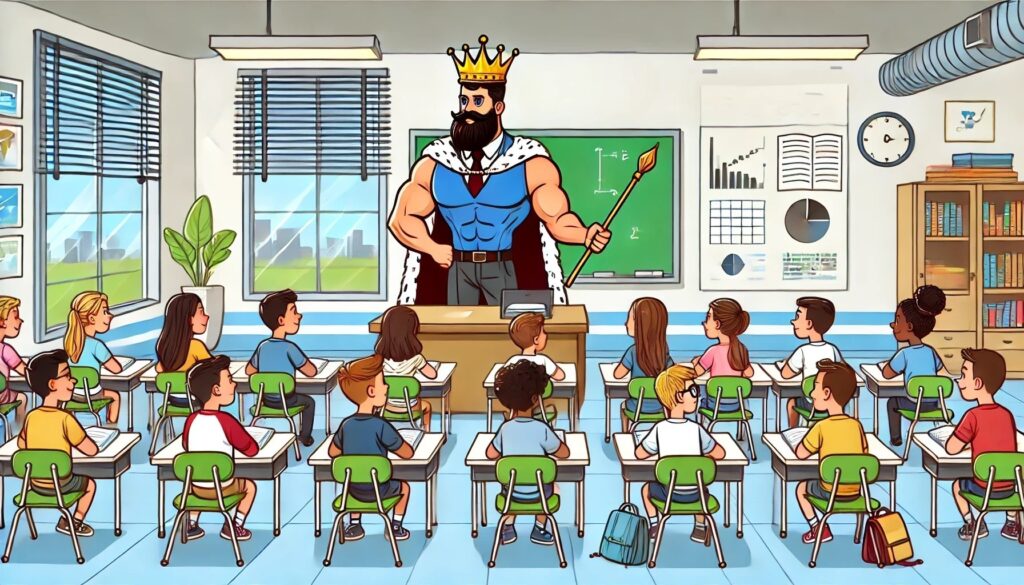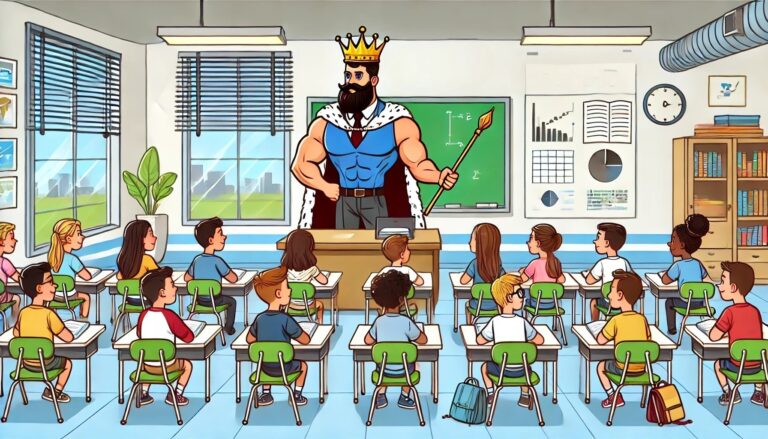As formalized by Mancur Olson in his seminal 1971 book The logic of collective actionSmall social groups are easier to organize than large ones. Therefore, all else being equal, a small group will be more effective in lobbying governments, even if the total benefits to its members are less than what is lost by all members of the large group. An example of this can be found in primary and secondary education, where teachers’ unions impose working conditions that are in the interests of their members but reduce the value of the product that students and their parents obtain. (See “Educational progress in rich countries is weak” The EconomistJuly 7, 2024.)
Two parties to an exchange gain something from it (each judging for itself), otherwise one of them would refuse. But this basic economic principle applies only to a free exchange; it does not apply if one party imposes its terms coercively, or if one party includes unwitting members.
Since 2000, the OECD’s Programme for International Student Assessment (PISA) has been testing 15-year-olds in mathematics, reading and science. Average scores showed no improvement until the early to mid-2010s, then declined until 2022 (the latest year available). Other indicators largely confirm this trend, which predates the Covid-19 outbreak. The magazine notes:
According to PISA standards, about a quarter of 15-year-old students in OECD countries do not have basic skills in mathematics, reading and science. This means that 16 million adolescents have difficulty performing tasks that involve calculation or have more difficulty than expected understanding simple texts.
One reason why the largest consumers (the students’ parents) cannot change the situation stems from Olson’s theory of collective action:
Students and their families are rarely organized, making it easier for teachers’ unions to resist changes to, for example, teacher training and evaluation.
A few 70% of teachers are union members, an unusually high proportion, although it also includes less influential employee associations. Parents whose children attend small schools can organize locally at little cost (in a decentralized system like the United States). Yet they often face state or national teachers’ unions. Unions enjoy special legal privileges and powers, such as requiring employers to bargain, strike disruptions or threats of strikes, or requiring workers to be union members or pay union dues. Depending on state law, teachers’ unions can exercise some of these powers, which facilitates their collective actions and results in restrictive collective “bargaining agreements.”
I do not claim that this is the only problem afflicting public schools. Other imperfections in the political process, including the short-term vision of politicians, prevent elected officials from correcting the weaknesses of the public education system. The Economist recognize :
Meanwhile, leaders are being asked to spend their political capital on changes that may not bear fruit for years.
********************************

The unionized teacher, by DALL-E (under the influence of your humble blogger)


